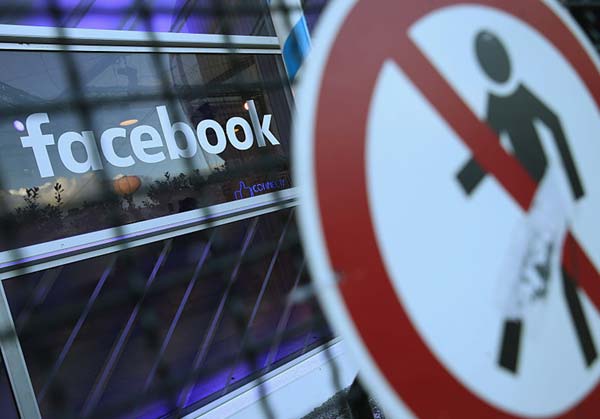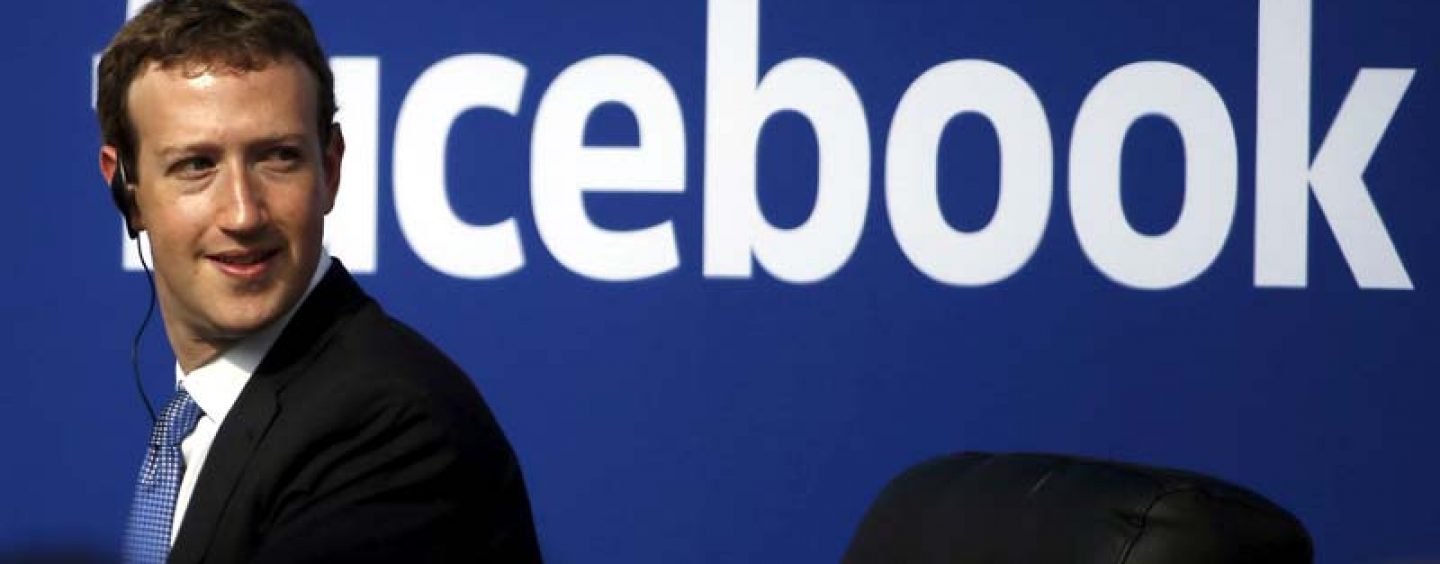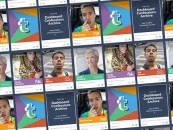Facebook is one of the ingenious inventions of the 21st century not to mention, the most influential social networking platform compared to its counterparts, all thanks to Mark Zuckerberg and his co-founders. It has more users than Whatsapp, Twitter and Instagram. While the spread of information is good for the general population, its impact and importance will all depend on the type and authenticity of the information being relayed. Facebook’s current challenge is the elimination of fake or misguided information over its platform, a phenomenon that not only occurs to Facebook alone, but to other social networking platforms as well. There are a lot of fake reviews and news feeds with some just meant for publicity purposes while others emanate from sites and blogs that want to attract more visitors. With reference to this situation, Facebook has picked Germany as a starting location for the fight against fake news feeds over its platform.
Why Germany?
This is perhaps the most logical question to ask. Germany was not selected by sheer chance. Instead, allegations against Facebook’s corporate management board in reference to allowing misinformation to circulate in this social networking platform (in Germany) was the primary motivator and determining factor in selecting the country as starting point. The company’s CEO Mark Zuckerberg and his management team have been under investigation for the last three months for allegedly allowing spread of inaccurate information over Facebook. Whether they were aware of this or not is a different story that is still under scrutiny. The German government has been wary of its democratic sovereignty and has, in the past, issues several warnings to the firm if the aforementioned issue is not resolved by the company and that the repercussions faced by the company if prosecuted by the foreign nation (with reference to the Federal Justice Ministry and Consumer Protection of Germany) will be dire than if prosecuted by the domestic government. Germany’s main concern for issuing these particular warnings is the increasing incidences of racism and xenophobia, fuelled majorly through inappropriate Facebook usage. It therefore makes sense that the company would choose Germany as a testing point of its anti-fake news filtering tools; it not only repairs the image of the company but it is also in the best interest of both parties. The filtering tool in question processes and analyses user reports, has third party data checkers and relies on the firm’s own algorithms on how to process featured fake data.

The Oncoming Federal Election
With reference to last year’s General Election of the United States, social networking platforms played a major role in disseminating unconfirmed and misguided information and Facebook, unfortunately, was at the center of the controversy. It therefore makes sense that in the anticipation of the oncoming Federal Elections to be held in Germany this year, Facebook is still a primary concern especially for the government.
Social networking platforms have been used to slander presidential candidates in most general elections not necessarily in the United States only but other countries as well and there is no reason to exclude Facebook in this controversy. Being used as a tool to undermine candidates will surely expose their involvement in undermining democracy in the countries involved and that is not good for the firm’s reputation. They might not control the types of people that use the platform but can surely control the content published in it and the launch of the anti-fake news filtering tool is a demonstration of that capability. Besides, Germany is also considering the passage of a bill that will fine organizations heavily for failing to act on the fake news articles posted on their websites; a fine Facebook would surely love to avoid.

Spread to Other Countries
As at the moment, Germany remains the only confirmed foreign country that will enjoy the benefits of the anti-filtering tool to be launched by Facebook particularly with reference to the oncoming election and the campaign period prior to it. The expansion of the tool to other countries will be addressed later in the subsequent periods as far as the firms’ corporate management team is concerned although some European superpowers are following in the footsteps of Germany for this issue to be addressed promptly. The United Kingdom is also pressurizing the executives from Twitter, Google as well as Facebook itself on the urge and need to eliminate fake news or articles from their respective networking platforms. The company is still working on the technical difficulties attributed to a global spread and once these issues are addressed conclusively, then it will see a global roll-out of this feature and hopefully, improve government’s trusts over its application in perpetrating the spread of authentic and reliable information.
Conclusion
Facebook might be a ‘good’ networking platform but with like many other inventions of the modern society, it also came with a fair share of challenges that makes it susceptible to misuse. As already mentioned, the firm may not control who signs up for the platform but has authority on what can be published in it and if the anti-fake news filtering tool is anything to go by, it might elevate this networking platform to the level desired by the aforementioned states. Time will determine whether this is a good strategy or not.





